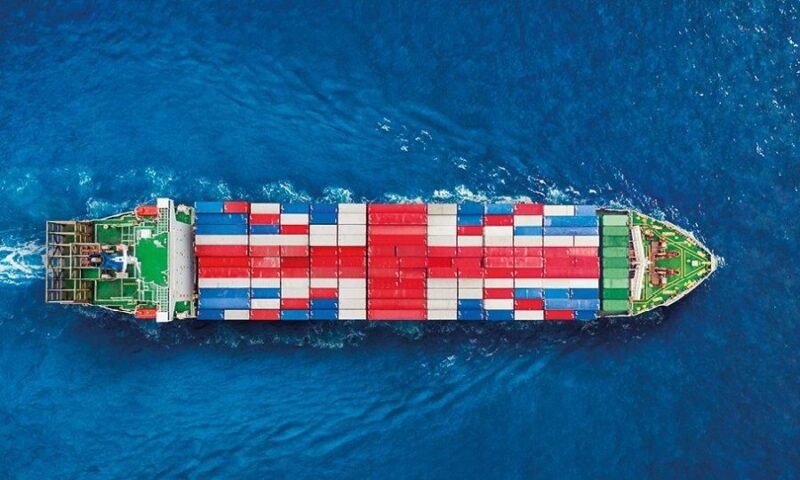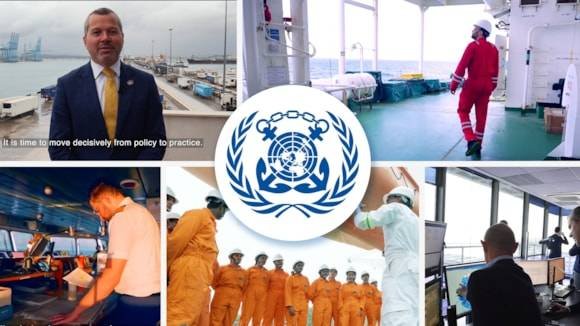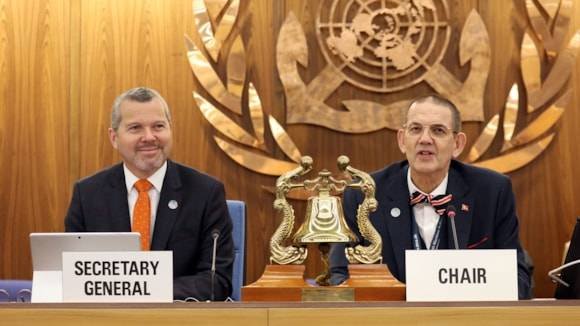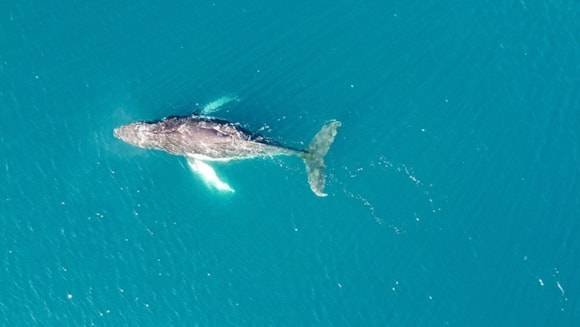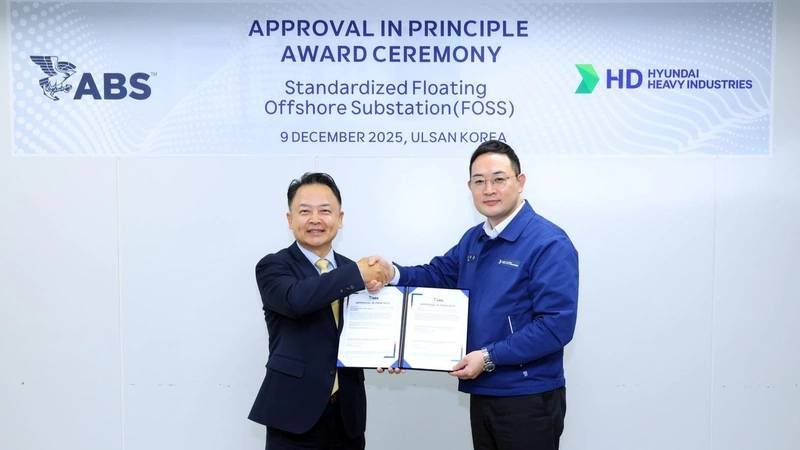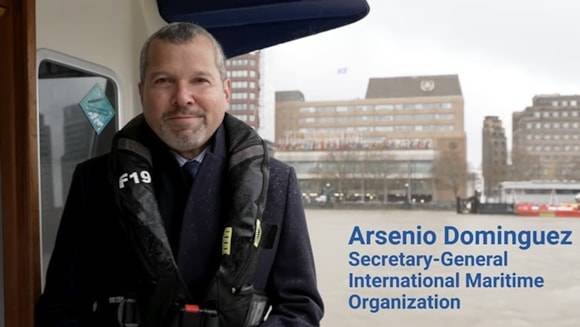Christopher J. Wiernicki, Chairman and CEO of American Bureau of Shipping (ABS), highlighted the impact of uncertainty surrounding the IMO’s proposed carbon levy on the shipping industry. He emphasized that the implementation and enforcement of the carbon levy will determine its effectiveness, with questions remaining about the potential cost per ton. This uncertainty is causing hesitation among shipowners in making investments, as it introduces significant unpredictability into the market.
During his appearance at the CERAWeek energy conference, Wiernicki expressed concerns about the lack of a clear global carbon pricing mechanism. Shipowners are currently utilizing available tools to address the challenges, with a focus on short-term efficiency measures and long-term fuel readiness. Investments in digital optimization, wind-assisted technologies, and energy efficiency are seen as crucial in preparing for the transition to low-carbon fuels.
Wiernicki noted that the industry is also exploring carbon capture and storage (CCS) as a potential solution to reduce emissions. Trials onboard have shown promising results, indicating that CCS could enable the continued use of fossil fuels in a net zero scenario. As the industry navigates the uncertainties surrounding the carbon levy and transitions towards sustainable practices, investments in innovative technologies and solutions will play a key role in bridging the gap until low-carbon fuels become more widely adopted.










